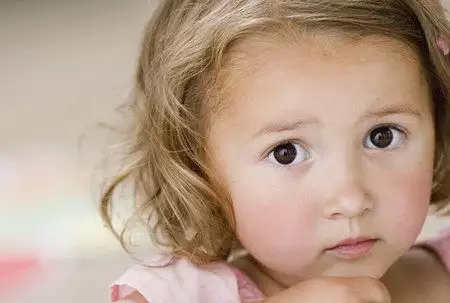The death or terminal illness of a parent is an unimaginable drama for a child. It requires special handling in such a situation.
The death of any person is an extremely difficult and often dramatic situation. Not long ago, you could read a text on our forum about the death of a child describing it as a very difficult event. Almost always someone suffers after the loss of a loved one. It also happens that a child is directly affected when they lose one of their parents. I think it's not worth arguing and judging whether it's more difficult when they lose their mum or dad.... The child suffers, but we must not forget that it is also very hard for the parent who is left behind, which is also not without its impact on the daughter or son.
I recently worked with a two-and-a-half-year-old son and his father on the loss of his mother and his wife, who died in a car accident (she was travelling together with their son, who was taken to hospital in a serious condition). As soon as the child regained consciousness he started asking for his mother, calling her. The father did not know how to talk to him. Finally, in the presence of a psychologist, the little boy was told that his mother could not be with him because she now lives in heaven. However, she sees everything and still cares for him and loves him very much. He cannot see her, however, but he can feel her presence....
The concept of death (like any other) develops with age. Up to the age of 3 - 4, death is a parting for the child, but not forever. It does not understand the concept of "end", the cemetery, the grave say nothing to it.
Between the ages of 3 and 6, the child has different ideas about death. He wants to know what comes after death, he asks a lot, he wants to talk about it. It is still a reversible phenomenon for him ("to die is like falling asleep", "it is the same as living, but somewhere else").
Above the age of 6 he starts to distinguish between sleep and death, he refers to animals, fairy tales.
At around 10 years of age, the child begins to understand that death is irreversible. This is when the fear of the dark often appears, which is in fact the fear of death. Death has a form, it is personified. The child often understands in this way: " the sick and the old die because they cannot run fast". He begins to fear that he too will die. At this age, the child begins to reflect on his or her own mortality, playing at the funeral.
Usually a child experiences the death of a loved one who has been ill for a long time in a different way. Although he or she may not have thought about her death, he or she has observed that he or she is feeling worse and has less strength. Sudden death is always a complete surprise.

photo ojoimages
Children often blame themselves for the death of a parent. In younger children, this is reinforced by so-called magical thinking - the toddler then thinks that mum or dad died because he was naughty to him, didn't want to clean up his toys or shouted and stomped around in the shop when a parent didn't want to buy him an expensive toy or more breakfast cereal. God forbid if he wished him dead in anger. This usually results in terrible reproaches, which cannot be silenced in any way, because the child, afraid to tell anyone, keeps them inside.









